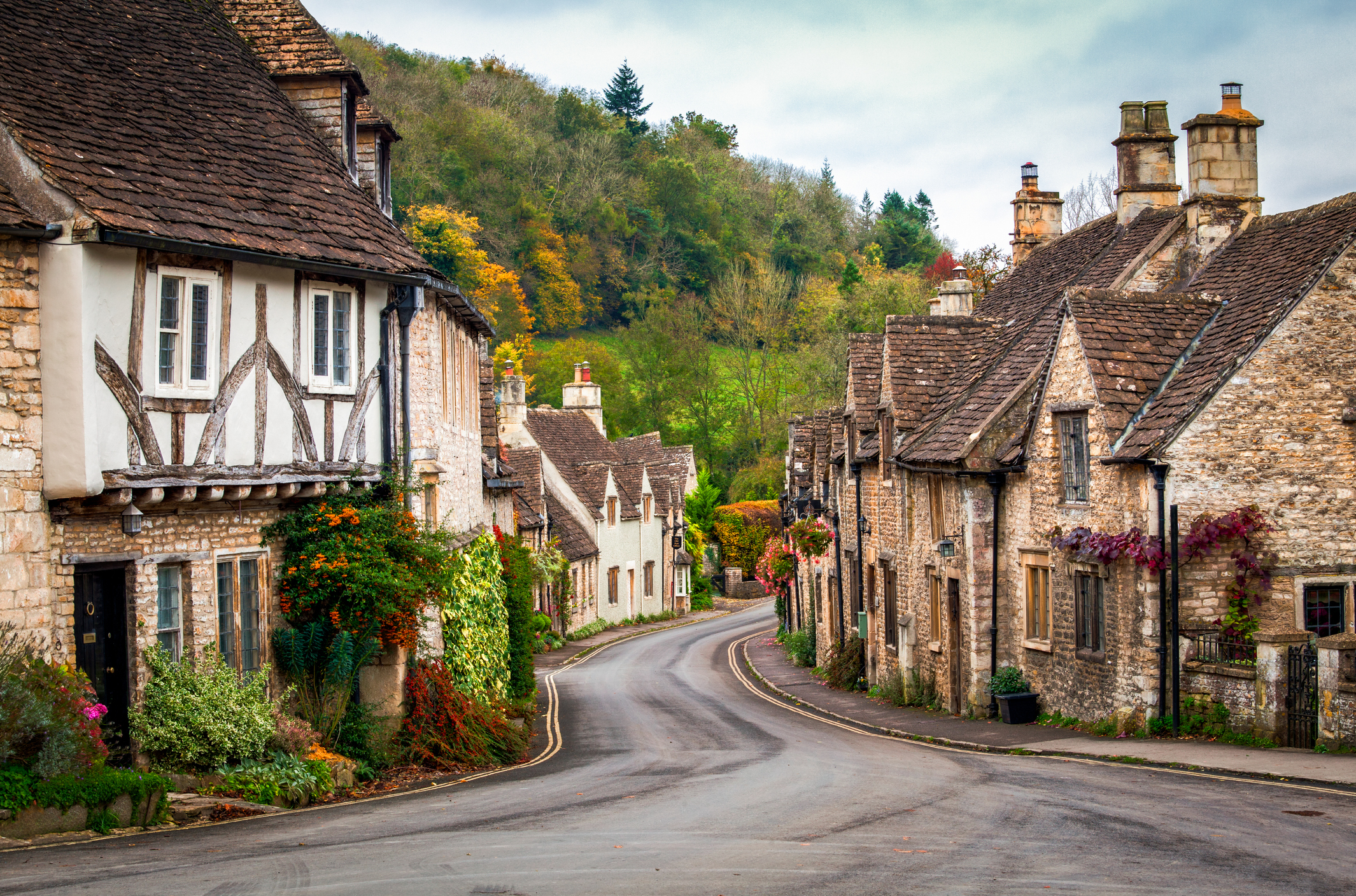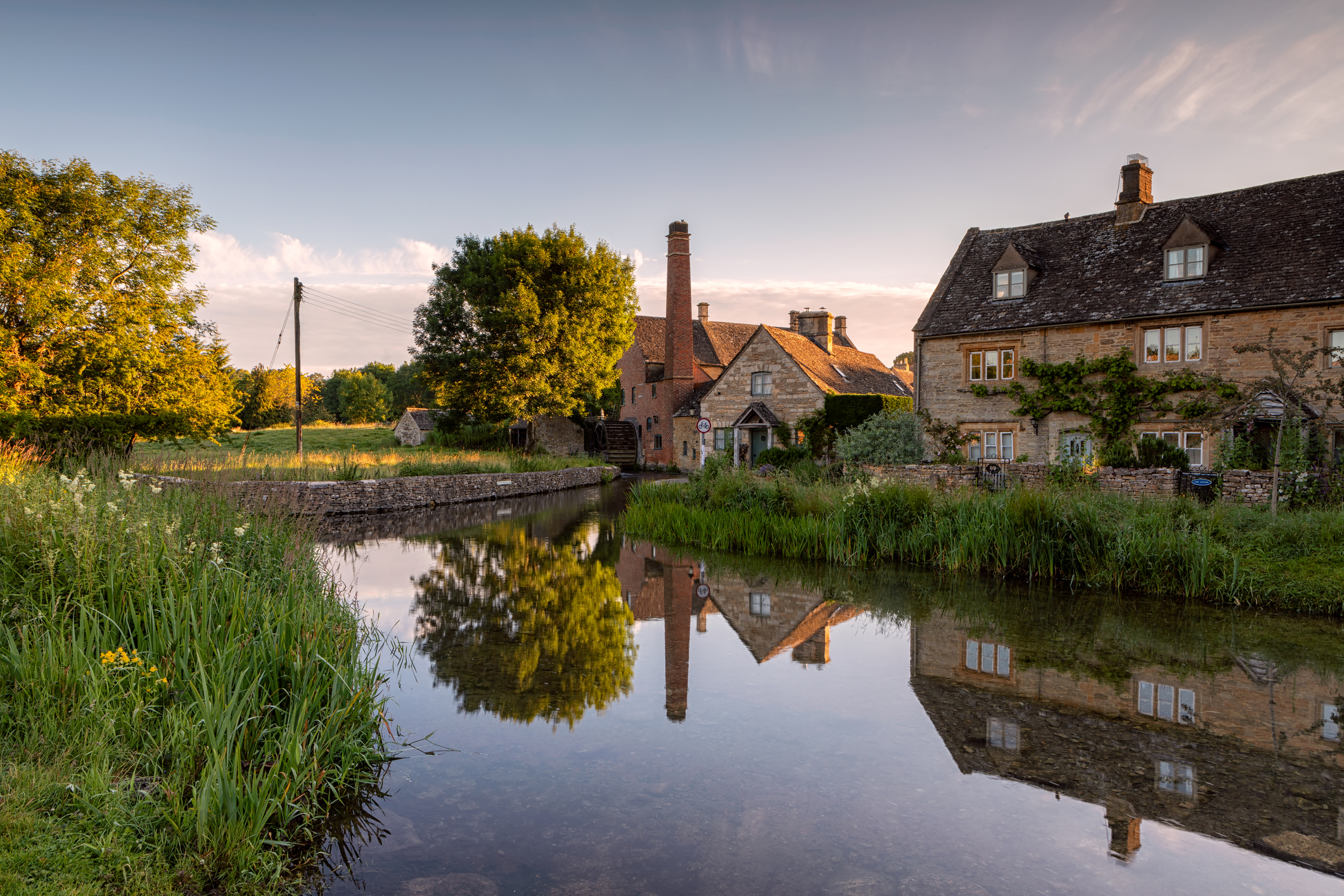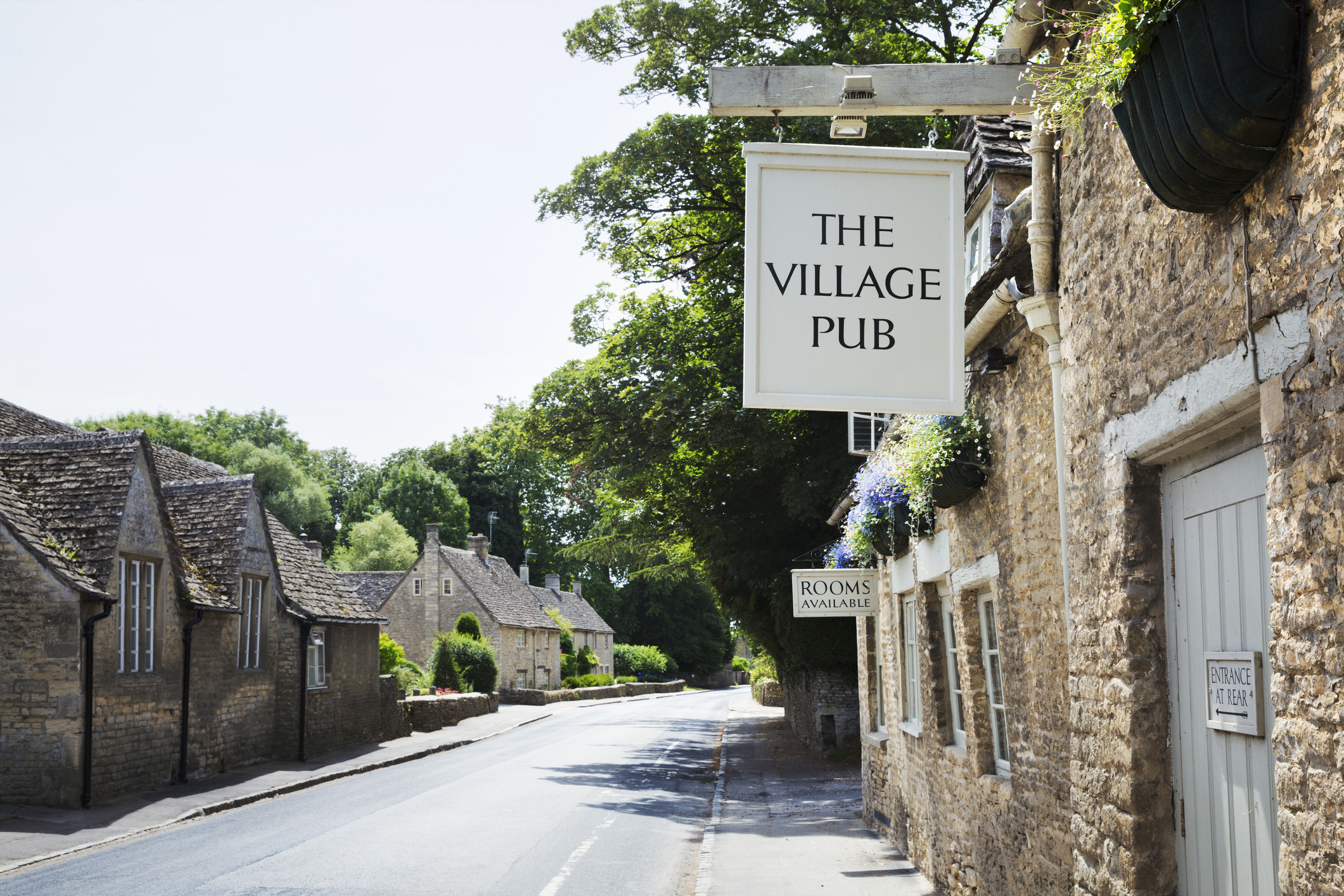14 things everyone should know before moving to a village in the country
For the uninitiated, the unwritten rules and subtle nuances of rural life can be baffling. Giles Kime offers city dwellers advice on everything from the parish magazine to the village pub.


This week's Country Life magazine is a very special issue dedicated to helping those who are looking to move out of the city and into the country. It's something which more and more of us are doing, or at least considering, as the combination of decent rural broadband and the death of the traditional five-day-a-week commute take hold after a tumultuous 2020.
The farm shop
The name is something of a misnomer. The uninitiated might think that the farm shop will merely be a source of fresh veg still dewy from the local farmer’s fields, but they tend to be the countryside’s answer to Planet Organic and Whole Foods, too (although without the hemp Parmesan, chia seeds and heart-stopping prices).
Everyone wins; you have a brilliant source of fresh, locally sourced meat and veg and local producers don’t have their margins squeezed until their pips squeak by a supermarket.
The community-run store
It was Jack Woolley who saw the writing on the wall; running a village shop was a struggle even before a cavalcade of Ocado vans loomed onto the horizon. In many villages, the community shop has helped to solve the problem, thanks to a combination of volunteers and plenty of local stakeholders ensuring they succeed where the traditional model has often floundered.
But, as everyone knows, community stores are about far more than providing a convenient source of groceries — they are the beating heart of the village. Newcomers should note, however, that all village shops need to be patronised throughout the year, rather than only after a particularly heavy snowfall or during a global pandemic.
The parish magazine
You’ll find more invaluable information in the pages of the parish magazine than you ever will on Google and not only on church services, the monthly flower rota and talks on obscure aspects of local history in the village hall.
The small ads are a deep mine of vital intelligence on everything from sources of properly seasoned logs to pest control. These carry a reassuring degree of endorsement, as it’s unlikely that ads from a rogue roofer would ever get past the rector’s all-seeing eye.
Exquisite houses, the beauty of Nature, and how to get the most from your life, straight to your inbox.
Its pages also offer an invaluable, at-a-glance Who’s Who of the local hierarchy; church wardens and sidespeople tend also to be gatekeepers of local institutions, from the annual fête to the village hall.

Driving
Most country lanes started life as routes for shepherds and their flocks, rather than family cars of military proportions. The uninitiated should be aware that it’s important when negotiating narrow country lanes to familiarise yourself with the location of your reverse gear — and to learn when to use it.
Good manners dictate that you back up when approaching the elderly or when you are closest to the nearest passing place. Good sense would suggest that you do the same for tractors, lorries and anyone you want to keep onside, from the chairman of the parish council to the local car mechanic. There’s rarely much glory to be gained from winning a battle of wills. And in tight-knit communities, your hollow victory will inevitably come back to bite you.
The village school
Whatever your plans for your children’s education at eight or 11, there are plenty of convincing arguments for sending your children to the village school. They tend to be smaller and more intimate than the local prep and they save you an arduous school run (as well as a small fortune). In addition, you and your offspring will make lots of local friends and, in some cases, even save the school from closure.
But anyone new to the tight-knit, highly politicised community that congregates around the gates of primary schools should exercise caution; as Charles Ryder’s cousin Jasper warned in Brideshead Revisited: ‘You’ll find you spend half your second year shaking off the undesirable friends you made in your first.’
Broadband
Caveat emptor… the time you spent talking about property prices when you lived in a city will be dwarfed by the amount of time devoted to the subject of broadband in the country. In the unlikely event that you have fibre broadband, a large proportion of drinks-party conversation will be dominated by the relative merits of copper, 4G mobile, satellite and bonded. Enjoy!
The village hall
Anyone brought up in the country will associate village halls with stacking chairs, Denby china and archaic village rituals, such as the harvest supper and the horticultural show. However, in recent years, they have come to resemble a communal party barn.
Far cheaper (and more convenient) than a marquee, they serve a variety of functions beyond children’s parties; book them for everything from shooting lunches to 50th birthdays and dispatch the institutional look with a few OKA lamps and jaunty table cloths. For the rest of the year, muck in and support everything, from quiz nights to the best efforts of local thespians.

The parish church
Even the most rabid atheist couldn’t deny the comforting presence of stone arches, a lychgate and an ancient yew. Yet there’s irony in the fact that a feature that lends so much charm to a village and plays a pivotal role in hatching, matching and dispatching (not to mention our spiritual lives) can so often be overlooked by newcomers. Use it or lose it — your local church won’t have the same appeal when it’s deconsecrated and turned into a yoga studio.
The village fête
The amount raised by 50 people spending a day sweatily manhandling trestle tables, erecting gazebos and collecting bric-a-brac might be less than the cost of a long weekend in Paris, but newcomers should be aware that the primary purpose of a fête is not revenue generation.
Absurdly rudimentary entertainment, such as tugs-of-war and coconut shies, have a strangely mesmeric effect on children, even those weaned on the Xbox, and adults relish the chance to have a sticky beak around the garden of the ‘big house’. The other attraction you’ll discover is that a village fête is one of the few places on earth where you’ll be able to acquire a Victoria sponge, a copy of Riders and a 1977 Jubilee mug, all for less than a fiver.
The village pub
Whether it’s an unreconstructed country boozer or fancy gastro pub awash with copies of Tatler, make sure you use it. Together with the shop and the church, the village pub is a feature of village life that needs support — not only on high days and holidays, but throughout the year.

If you haven’t been to a country pub for a decade or two, you might find that they’ve changed; there’s no smoking (one of Tony Blair’s cherished legacies), fewer swirly carpets and, thanks to the micro-brewery revolution, the beer’s a lot better. You might even be lucky enough to have a pub that brews its own.
The book club
Everyone knows that it’s rare that anything quite as challenging as an actual book is ever discussed at a rural book club. Or, at least, not for more than a fleeting moment before the really important agenda items are addressed; planning applications, neighbourly fall outs, new arrivals, who said what to whom about who.
An evening at a book club will give you more detailed information on what’s going on in a country village than the most sophisticated MI5 surveillance operation. As a means of making local friends, book clubs are as time-efficient as speed dating.
The local farm
Farming’s a messy business that involves agricultural machinery and animals that create industrial quantities of mud, cow dung and noise. If you ever find yourself being irritated by the muck, bleating and rattling trailers, remember that a community without fields full of animals is called a suburb, like the one you just left.
Also, paranoid city escapees should remember that, if a farmer seems a bit unwilling to engage in chummy banter, it’s rarely due to lack of friendliness, but rather an exhausting 14-hour working day.
Dogs
In the same way that you wouldn’t want the local farmer’s heftier livestock trampling on your newly planted potager, farmers don’t relish your dogs roaming around their land. In cities, dogs might have been elevated to a level that is a notch or two below humanity, but, in a farmer’s mind, they aren’t that far above badgers and foxes, which tends to mean that, however cute they might look, they are guilty unless proven innocent.

Footpaths
The idea of the footpath has been buried deep in our collective psyche since they were essential communication routes or used for pilgrimages. Meddle with them at your peril, even if they come within touching distance of your front door.
When the landowner Nicholas Van Hoogstraten tried to get in the way of ramblers (he referred to them as ‘scum of the earth’) he discovered that middle-aged Rohan-clad walkers might look harmless, but they don’t like to be messed with. Keep paths clear and smile nicely. If it’s privacy you’re after, you should have moved to Montana instead of Monmouthshire.

